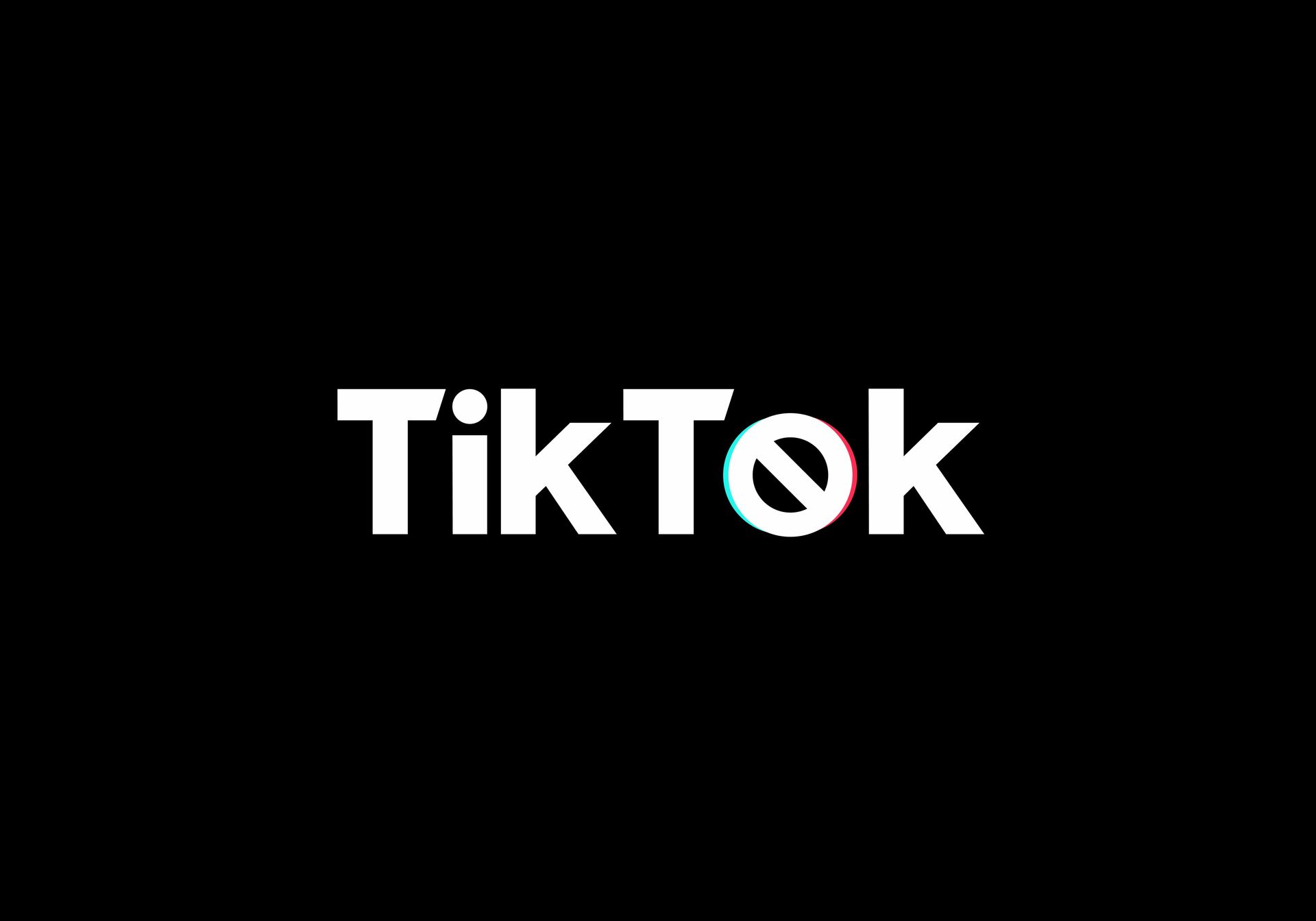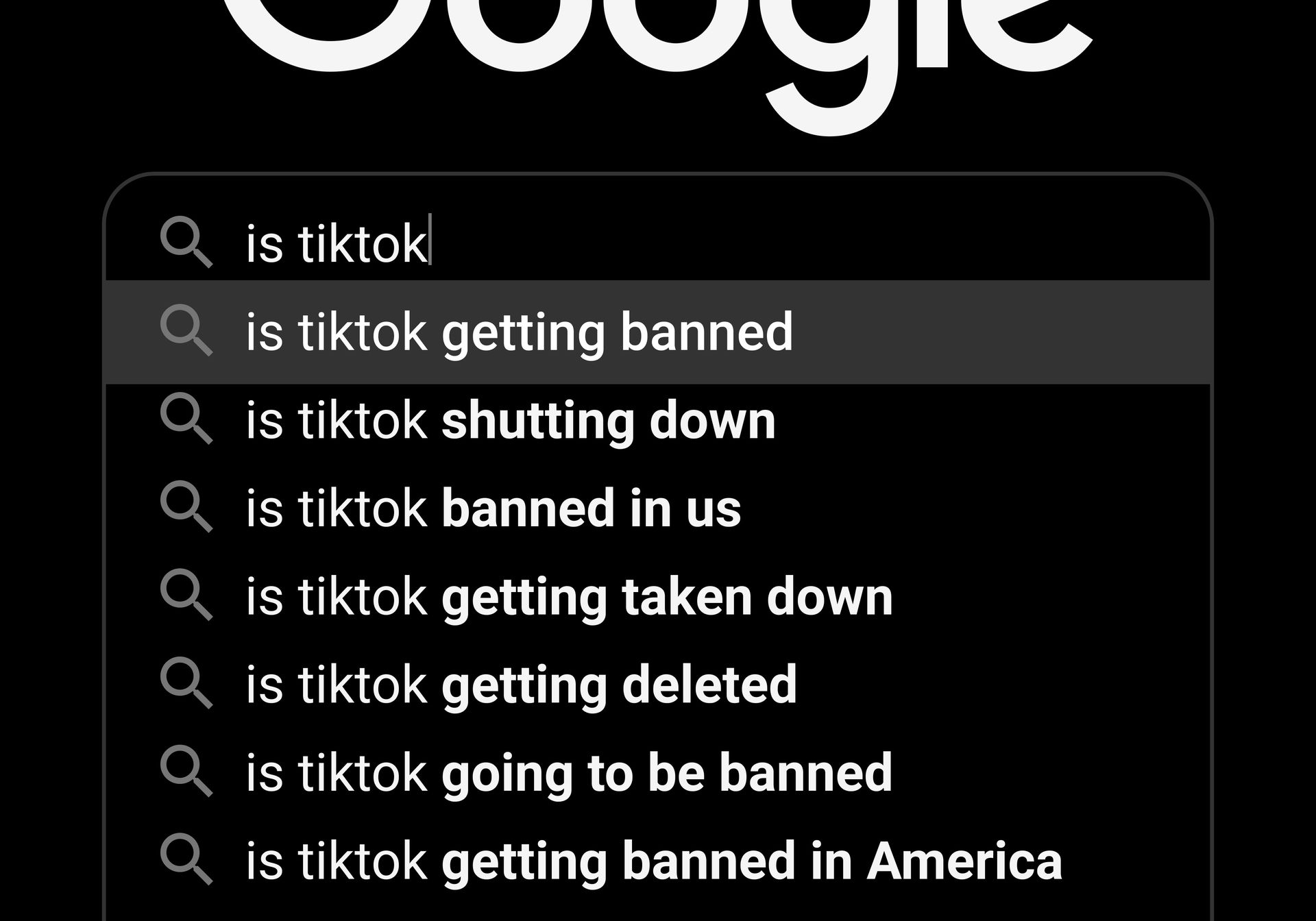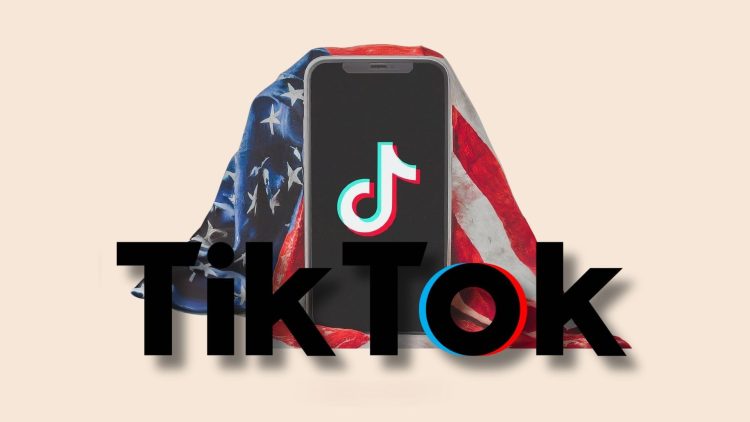The battle between TikTok and the US government continues as the social media giant prepares to defend itself against a possible ban or forced sale. On Monday, TikTok will present its defense against the approved law mandating its sale by its Chinese parent company ByteDance before a three-judge panel at the Washington, DC appeals court. If TikTok fails to convince the court otherwise, the app will either be banned or sold in the US within nine months.
The legal conflict stems from a law signed by President Biden in April over national security concerns. Critics of the platform claim that US users’ data could be accessed and misused by the Chinese government. But TikTok and ByteDance have consistently denied they have any links to Chinese authorities, calling the law “an extraordinary interference with their right to free speech”. The stakes are high for TikTok, which has more than 170 million users in the US.

TikTok, courtroom drama: Data security vs free speech
TikTok will not be alone in this battle. Eight TikTok creators, from a Texas rancher to a Tennessee baker, will join the company in court, arguing that the platform is essential for marketing their businesses and livelihoods. These creators aim to show how integral TikTok is to their day-to-day operations and thus their right to free speech.
The US Department of Justice (DoJ), on the other hand, will present its case, focusing on the potential national security risks posed by TikTok. According to DoJ officials and lawmakers, TikTok could be a tool to spread Chinese propaganda inside the US, while the security of American data remains a major concern. However, many experts believe the real legal challenge lies in how these national security concerns interact with the First Amendment, which protects free speech.
Critics of the ban argue that forcing TikTok to divest or face a ban could set a dangerous precedent. According to Xiangnong Wang, a staff attorney at Columbia University’s Knight First Amendment Institute, allowing this law to stand could inspire repressive governments worldwide to restrict their citizens’ access to foreign media under similar justifications. The institute has submitted an amicus brief to the court, hoping to influence the case’s outcome by highlighting the broader implications for free speech.

A court case that could go viral
While TikTok’s legal team insists that lawmakers have not adequately explained the specific national security threats, others believe the case against TikTok is strong. James Lewis, a senior fellow at the Center for Strategic and International Studies, maintains that the law was carefully crafted to survive judicial scrutiny. He argues that the court may find it reasonable to enforce divestiture, as it does not directly regulate free speech.
Whatever the court decides, experts agree that this case is unlikely to end soon. Mike Proulx, vice president and research director at Forrester, predicts a long legal process that could eventually reach the U.S. Supreme Court. “Nothing gets resolved next week,” Proulx notes, highlighting the complexity of the issue and the high stakes involved.
As the appeals process continues, the future of TikTok in the U.S. remains uncertain. For now, both sides will present their arguments in court, but the real verdict may take much longer to arrive. With millions of users and businesses hanging in the balance, the TikTok saga is far from over.
Featured image credit: Furkan Demirkaya





